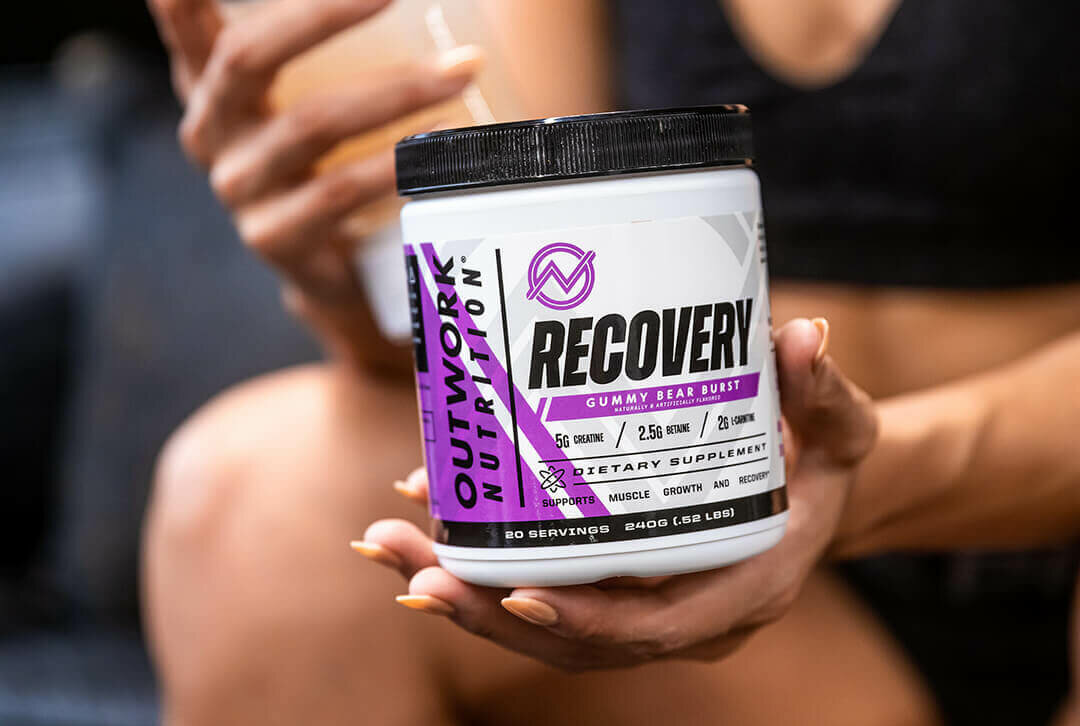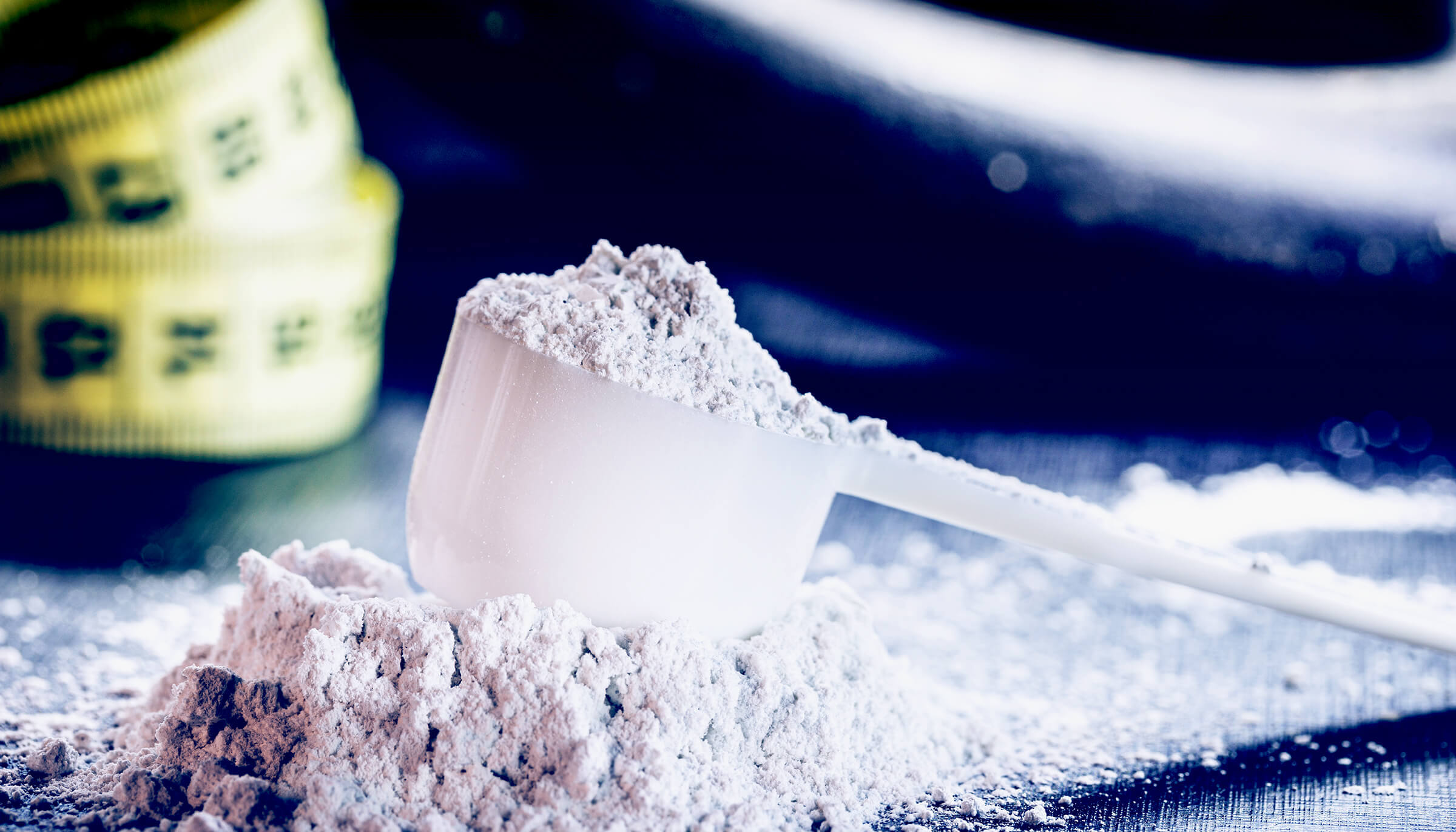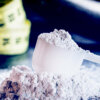The placebo effect is a powerful phenomenon, with influence over the efficacy of interventions. This study tested the belief that taking creatine could improve performance despite ‘true’ supplementation.
Overview
What did they test? Researchers compared smith-machine squat and bench press performance after being given four treatments. A control (nothing), a placebo (dextrose), actually given creatine (Cr-True) and given dextrose but told it was creatine (Cr-False).
What did they find? All treatments performed more repetitions than the control, with the groups believed to be taking creatine performing significantly more training volume in the squat exercise when compared to the control and placebo groups.
What does it mean for you? The placebo effect is a powerful phenomenon that can have an influence on the effectiveness of pre-workout supplementation.
What’s the Problem?
The king of supplements, creatine, has earned its reputation. Our cover story in Issue 2, Article 1, highlights the effectiveness of creatine so we won't beat that dead horse again. But one common misconception that many people believe is that taking creatine right before training is important to get the benefits of supplementation. Unlike other ergogenic aids, maximizing creatine's benefits requires saturating muscle cells, not necessarily timing of creatine supplementation 8. Remember, muscle cells are one of the largest storage sites for creatine. Supplementing with creatine increases the concentrations of creatine phosphate in muscle cells. These energy stores are readily available to rapidly resynthesize the muscle cell's energy currency, adenosine triphosphate (ATP). Maximizing saturation of muscle cells requires supplementing beyond a typical diet of meat and seafood 8. Therefore, many don't realize that you don't need to take creatine immediately before training. So long as you're consistently taking it regularly and in an appropriate dose, creatine supplementation will maximally saturate your muscle cells with the benefits seen during training. One of the first things I look for in supplement or nutrition studies is a placebo group or a placebo-controlled design. Placebos are a control treatment identical to the intervention or effective treatment but differ in their active components 2.

Placebos are more than pills or treatments. Placebos create expectations and beliefs about the efficacy of a treatment, and these beliefs are so impactful they can lead to positive effects without relevant physiological actions, the placebo effect 3. The placebo effect is a biopsychological effect from a believed benefit to a particular treatment and can significantly impact sports performance 2. The mind is so powerful that physiological changes can occur in some instances, and biological mechanisms appear to underlie the placebo response 3. What's impressive is performance changes reported from simply being told you're taking an effective supplement, even when it's a useless sugar pill. One study gave participants a steroid-placebo (not steroids, but told they were), and there was an improvement in force production capacity in national-level powerlifters 4. Another study showed that performance-enhancing benefits could occur based on a belief that taking a substance (sugar pill) would improve athletic abilities 3. Even more interesting is that open-label placebos (telling people they're receiving a placebo) can significantly improve various medical conditions 2. So, if we know creatine supplementation right before training probably won’t do much if you’re consistently supplementing enough, but what if there was a benefit? A recent study used a unique design and showed some interesting findings.
Purpose & Hypothesis
Researchers conducted this study to compare changes in training performance between actual supplementation of creatine (Cr-True) and being deceived about creatine supplementation (Cr-False) and instead supplementing with carb powder (dextrose). Researchers didn’t expect to see a benefit to pre-workout creatine supplementation, unless there was a belief that taking an effective supplement would cause a psychological impact that justifies the performance improvement.










